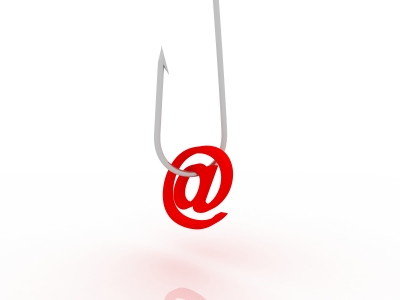If you’re an affiliate marketer, you’re probably getting ripped off and you don’t even realize it. There’s a simple trick affiliates use to steal money from the merchants they’re promoting and it’s unbelievably widespread.
It’s called ‘URL hijacking’
and also known as ‘direct linking.’ It works like this. Your affiliate makes an ad that is identical or similar to yours. The link in the ad, instead of going to their website, goes straight to your own. They add a tracking code to the URL so that they get a commission for the sale.
What’s Wrong with Direct Linking
Why is this bad? For one thing, they’re essentially impersonating you. If the ad says something objectionable or deceptive, it goes straight to your site. You could easily have an angry customer on your hands.
But the real problem is that they’re getting an easy sale by taking advantage of you. Since they don’t even have a site promoting your product, they have low overhead. This means they can bid higher on the same keywords as you. Their ads outrank yours and they’re getting the money.
You want affiliates to promote your product, but you want them to do it on their own. They should have their own site and promotional materials, and not ride your coattails to easy conversions. Direct linking is a shortcut that steals a chunk of your profit.
How to Stop It
In the last few years as affiliate marketing has really started booming, the practice of direct linking has grown out of control. Nearly one in four affiliates uses some form of direct linking. While this practice may be stopped by some form of regulation in the future, right now it’s up to you to stop it yourself.
The best way to prevent URL hijacking is to know your affiliates. If you’re running a small or moderate-sized program, you can and should do this. It helps to know your affiliates for other reasons as well. You should know how your product is being promoted and whether or not they’re following your rules. If you have a large organization and you can’t keep track of all of your affiliates, you might consider hiring an affiliate manager to check up on them.
You can do some research by searching for your brand name, finding ads and other promotional materials, and seeing where the links go. If they go straight to your site, it may be direct linking. Look at the URL and see if there’s anything that looks funny in it. This could be a tracking code.
You may get tipped off by something unusual you see in your analytics. If a number of affiliates are hijacking your sales, you’ll see sales disappearing.
If affiliates are linking directly to your site, there’s a good chance you’re losing profits. You have to be vigilant in rooting them out and putting a stop to it.
Tony
Don’t be shy – leave a comment – Tell us how we can help you! Do it now.




